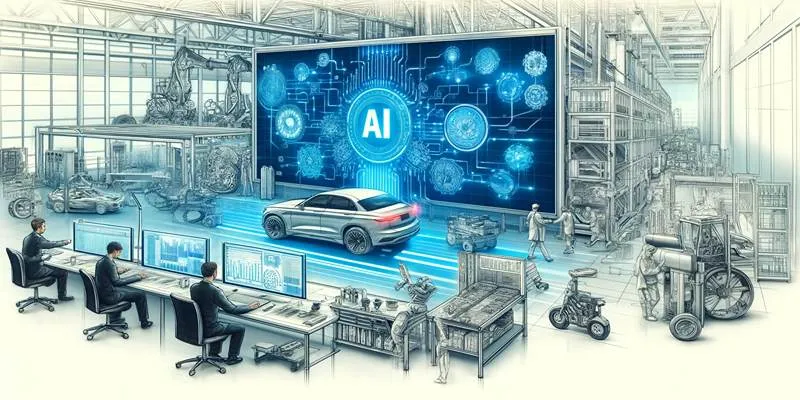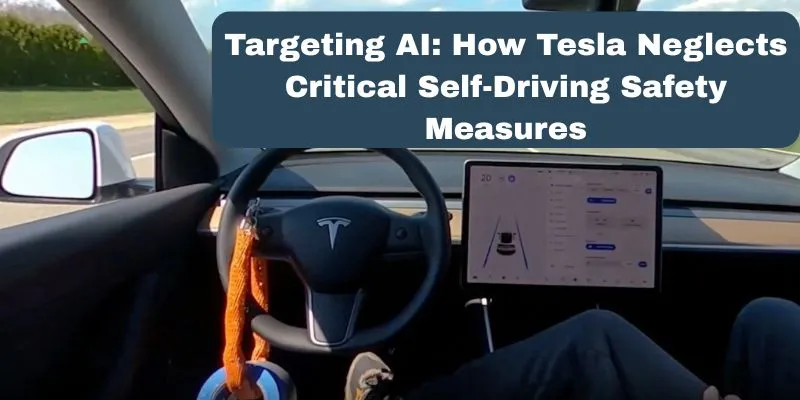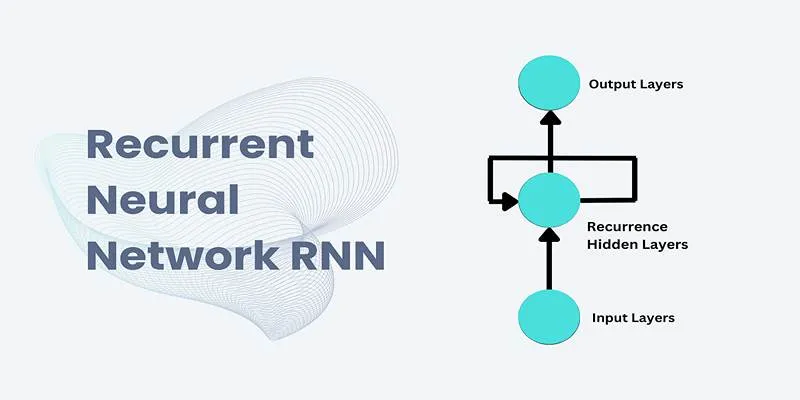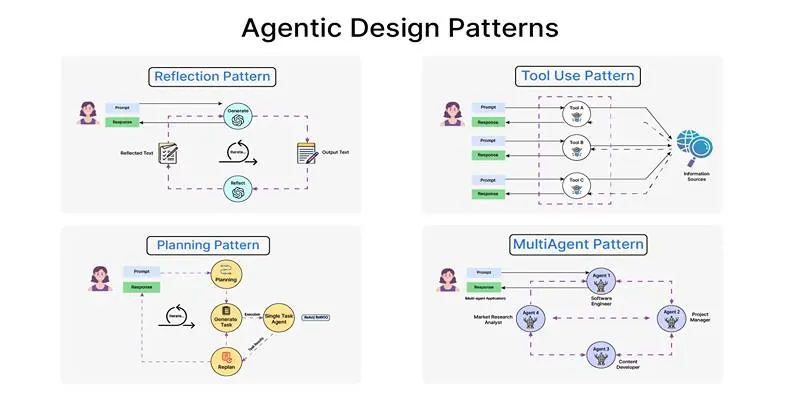Yamaha, widely known for its motorcycles and musical instruments, is branching into a surprising new field—farming. The company recently launched a division focusing on autonomous farming technology, leveraging its expertise in mechanics and robotics to address modern agricultural challenges such as labor shortages, rising costs, and environmental concerns.
Yamaha’s Strategic Shift Toward Agriculture
Yamaha’s foray into autonomous farming builds on its extensive experience in agricultural equipment, particularly in Japan. Known for its compact tractors and drones, Yamaha now aims to develop fully automated tools for the realities of modern farming. The goal is to create reliable machines that handle repetitive, time-consuming tasks, allowing farmers to focus more on effective land management.
This move reflects a global trend where technology companies are stepping in to support agriculture amid shrinking labor pools and increased productivity demands. Yamaha’s precision engineering background is evident in its development of GPS-guided tractors, machine-vision systems, and onboard data tools. The company emphasizes intuitive and straightforward machinery, ensuring farmers can adopt automation without needing advanced training.
The Role of Robotics in Modern Farming
At the heart of Yamaha’s initiative is its extensive robotics knowledge, honed through decades of high-performance product development. This expertise naturally extends to agriculture, where machines are essential but still heavily reliant on human input. Yamaha aims to produce machinery that not only substitutes human labor but enhances farming precision and reduces waste.

Current prototypes include self-driving tractors and drones capable of monitoring plant health and soil conditions. These designs are tailored to function reliably across diverse climates and terrains, making them crucial for effective farming. Yamaha actively engages with farmers to ensure that its machines meet practical day-to-day needs, focusing on usability and effectiveness in real-world conditions.
Benefits for Farmers and the Wider Industry
Yamaha’s autonomous farming division debuts at a time when agriculture is undergoing significant changes. With fewer young people entering the sector, older farmers are left managing larger areas with fewer workers. Rising input prices and unpredictable weather patterns further pressure farmers to enhance efficiency.
Autonomous machines can mitigate these pressures by maintaining productivity with fewer workers. Automated equipment saves time by covering more ground quickly and operating under conditions that might hinder human workers. Precision farming methods enabled by automation also reduce waste by targeting treatments and resources only where necessary, cutting costs and limiting environmental impacts.
Challenges Ahead and Future Prospects
Despite its promising vision, Yamaha faces hurdles in achieving widespread adoption of autonomous farming. Diverse agricultural conditions require versatile machines that perform across various crops and climates. Farmers hesitant about automation may perceive high costs or complexity, but Yamaha focuses on affordability and simplicity.

Regulatory considerations also play a role, as rules for autonomous vehicles in agriculture differ globally. Yamaha is working with regulators to ensure compliance with local requirements, addressing safety and data privacy concerns.
Looking ahead, Yamaha plans to expand its product range, potentially developing specialized robotic harvesters, automated irrigation systems, and partnerships integrating artificial intelligence. As automation advances, machines will likely interpret conditions more effectively, further lightening farmers’ workloads and boosting productivity.
Conclusion
Yamaha’s new division dedicated to autonomous farming is a strategic response to modern agricultural challenges. By developing practical, reliable machines that integrate seamlessly into daily work, Yamaha leverages its engineering expertise to offer fresh solutions. Reducing labor demands and enhancing precision, autonomous farming supports farmers while preserving their livelihoods. Yamaha’s initiative suggests a future where technology quietly complements farmers, helping them meet growing demands while maintaining the essential human touch that farming has always required.
For more insights on autonomous farming and Yamaha’s innovations, visit Yamaha’s official website.
 zfn9
zfn9






















